Description
An assessment study of the seismic behavior of steel buildings, including their foundation system, designed according to Eurocode 8 provisions is presented. This assessment study is performed for two types of seismic motions that are not explicitly addressed in the context of Eurocode 8, i.e., the near-fault and the long duration seismic motions. In particular, by means of non-linear time-history analyses and taking into account soil-structure interaction (SSI) effects, seismic response results of the steel buildings are obtained. These seismic response results involve the maximum values for the residual interstorey drift ratio of the steel buildings as well as for the permanent settlement and tilting of their foundation system. It is concluded that when subjected to the aforementioned kinds of seismic motions, steel buildings, designed according to Eurocode 8 provisions, exhibit in the majority of cases unacceptable seismic behaviour no matter if the SSI effects are included or not. On the other hand, the seismic behaviour of their foundation system is always acceptable.
| DOI | https://doi.org/10.5592/CO/1CroCEE.2021.230 |
|---|---|
| Keywords | steel structures, foundation system, Eurocode 8, near-fault, long duration, seismic motions |



